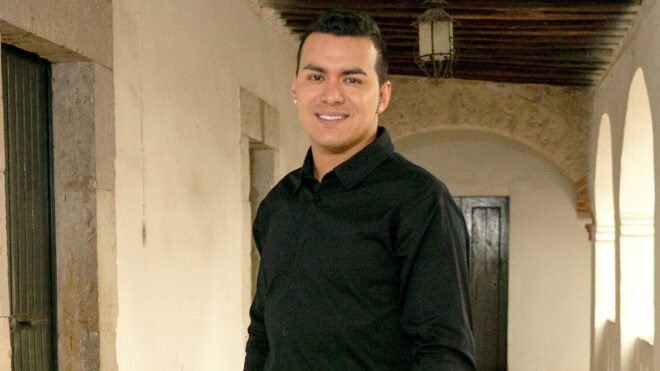The United States is in the middle of a measles outbreak that has already claimed the lives of two children. I blame fear mongering, chisme without proof, and constant sharing of disinformation. Measles is a highly contagious viral infection that is extremely dangerous in children, but can easily be prevented by a vaccine. It was actually considered eradicated in the US back in 2000, but that doesn't mean that outbreaks can't occur because here we are in 2025 and according to the Centers for Disease Control and Prevention, as of April 3, there have been "607 confirmed measles cases."
The current measles outbreak started in late January 2025. On April 6, US Health and Human Services Secretary Robert F. Kennedy Jr. went to West Texas to attend the funeral of the second child who has died from measles complications this year, an 8-year-old girl. FYI, she was not vaccinated against measles. The first death, also in West Texas, happened in February and that was also an unvaccinated child. More children will likely die unless we, as adults, step up and protect them. Please keep reading to make sure you are informed and know what to do.
The measles outbreak is far from over. How do we protect our kids?
The measles outbreak continues to grow and is spreading across states, which is why it is important that parents of small children, who are the most vulnerable to serious complications from the disease, be informed. There is so much misinformation about the measles vaccine still being circulated, which is infuriating because…
Spoiler Alert: Vaccination prevents measles.
Even RFK Jr. himself, who has a long, deplorable history of spewing unsubstantiated nonsense about vaccines, is finally and explicitly saying that "The most effective way to prevent the spread of measles is the MMR vaccine."
Measles, what is it?
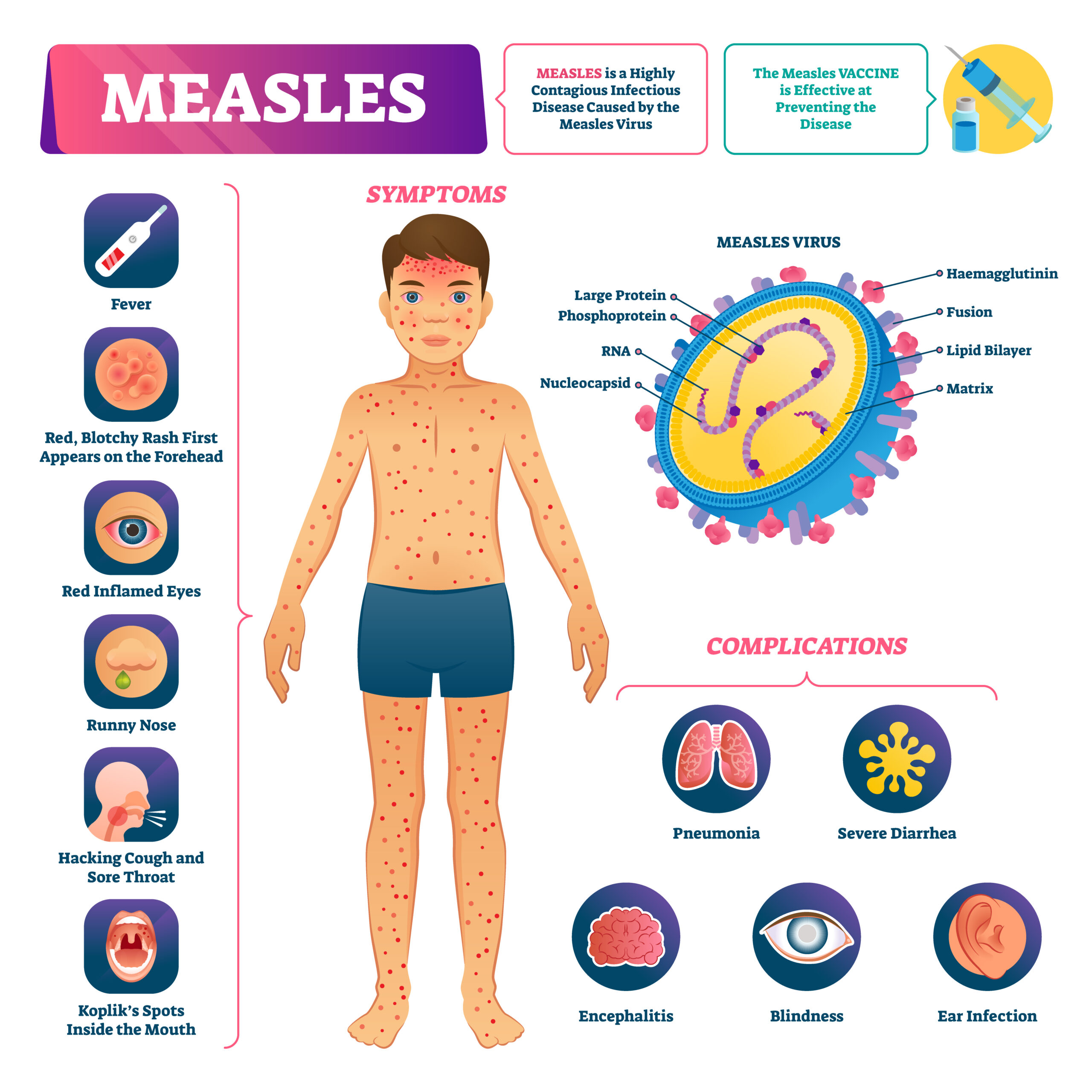
As the World Health Organization explains, "Measles is a highly contagious, serious airborne disease caused by a virus that can lead to severe complications and death." It starts off by infecting the respiratory tract then it spreads all over the body.
What are the symptoms?
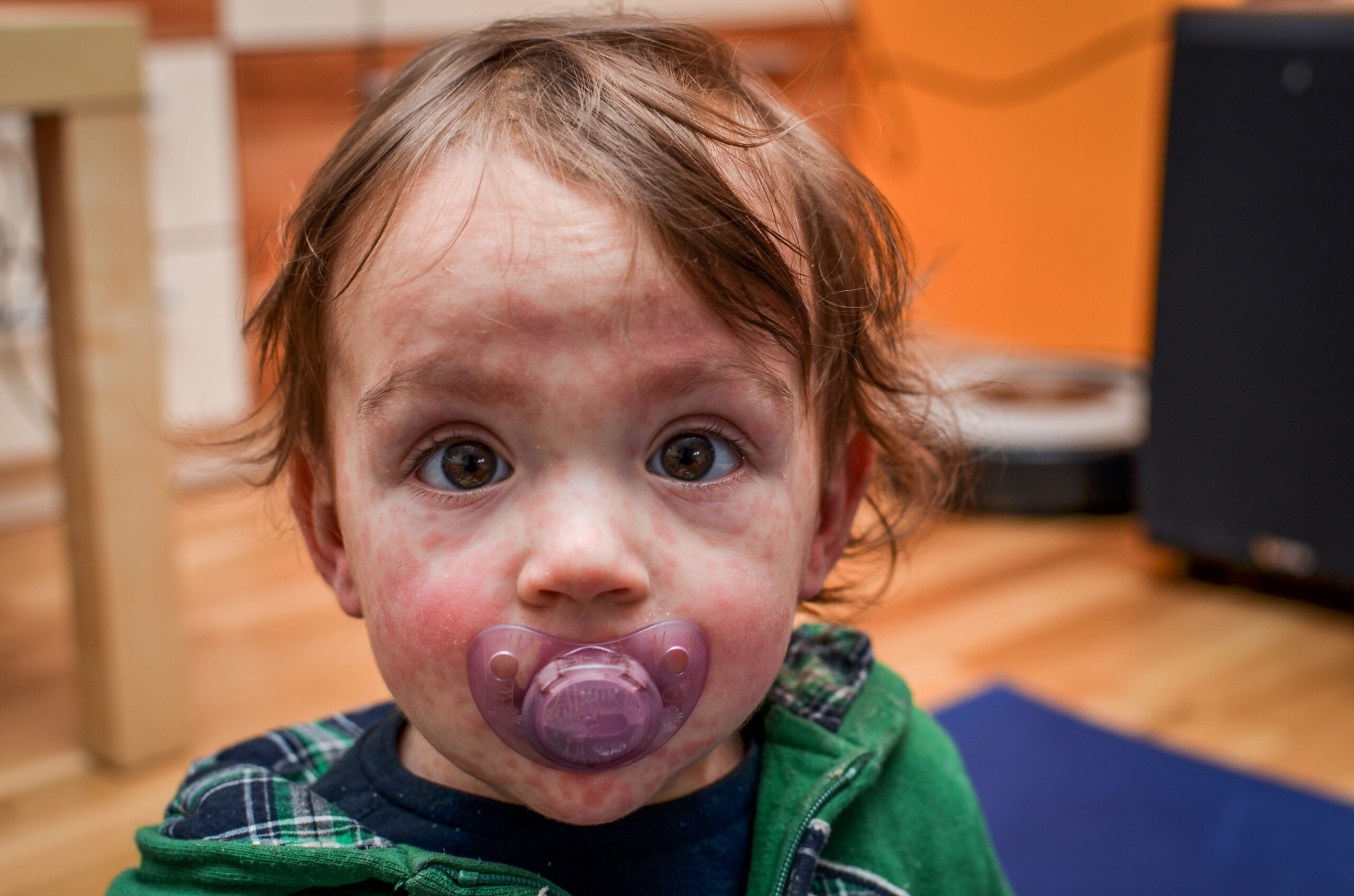
Measles incubates for about 10 to 14 days. Meaning that there are no immediate symptoms, but once the incubation period passes, symptoms can include fever, dry cough, runny nose, sore throat, inflamed eyes, spotting inside the mouth, and a blotchy skin rash.
How is it spread?
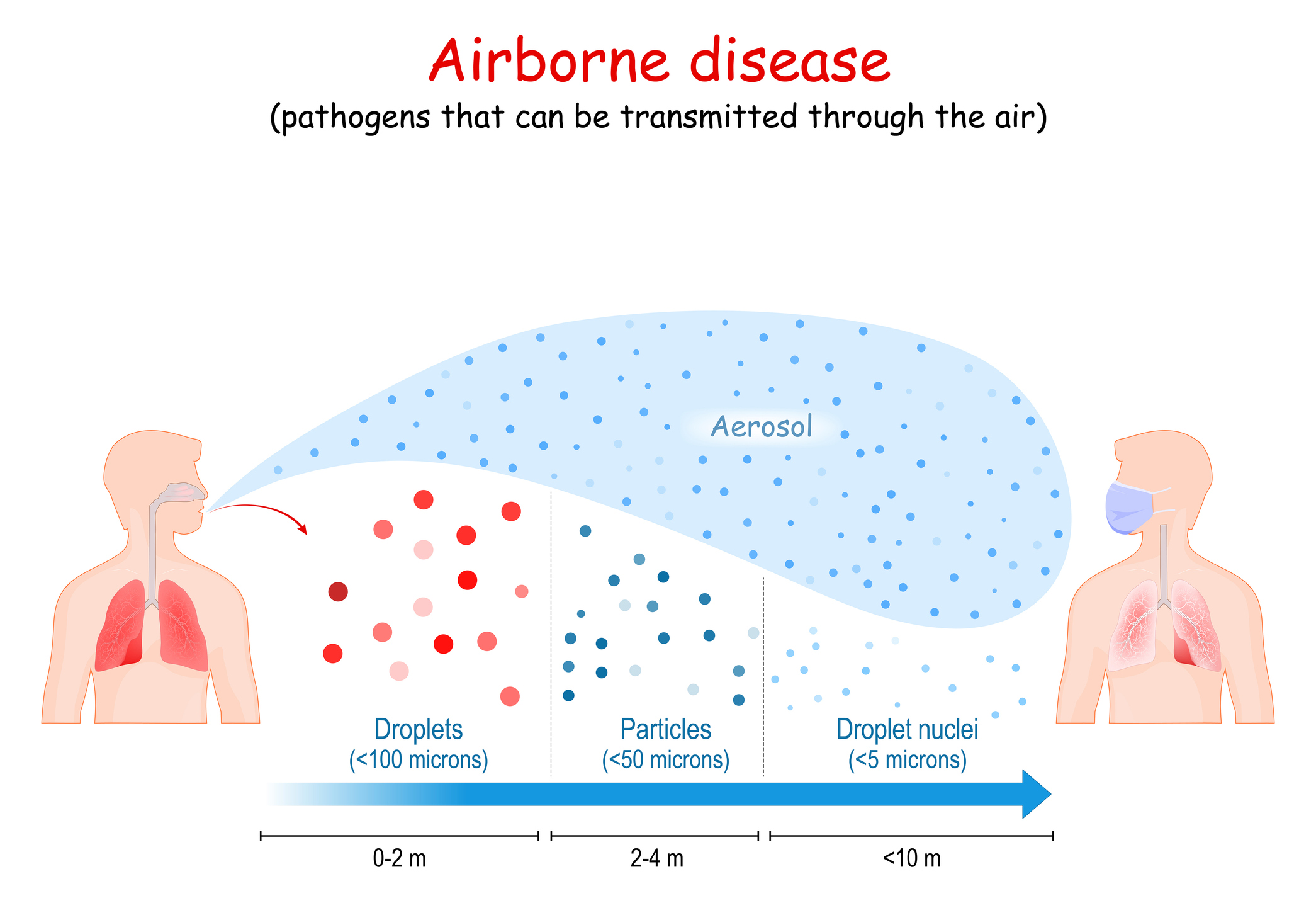
As explained by World Health Organization,
"Measles is one of the world's most contagious diseases, spread by contact with infected nasal or throat secretions (coughing or sneezing) or breathing the air that was breathed by someone with measles."
What's particularly terrifying is that the virus can remain "active and contagious" for up to two hours in the air or on surfaces, so even if an infected person has left a space, that doesn't mean an uninfected, unvaccinated person is safe to enter that room for the next two hours.
What are some of the possible complications from measles?
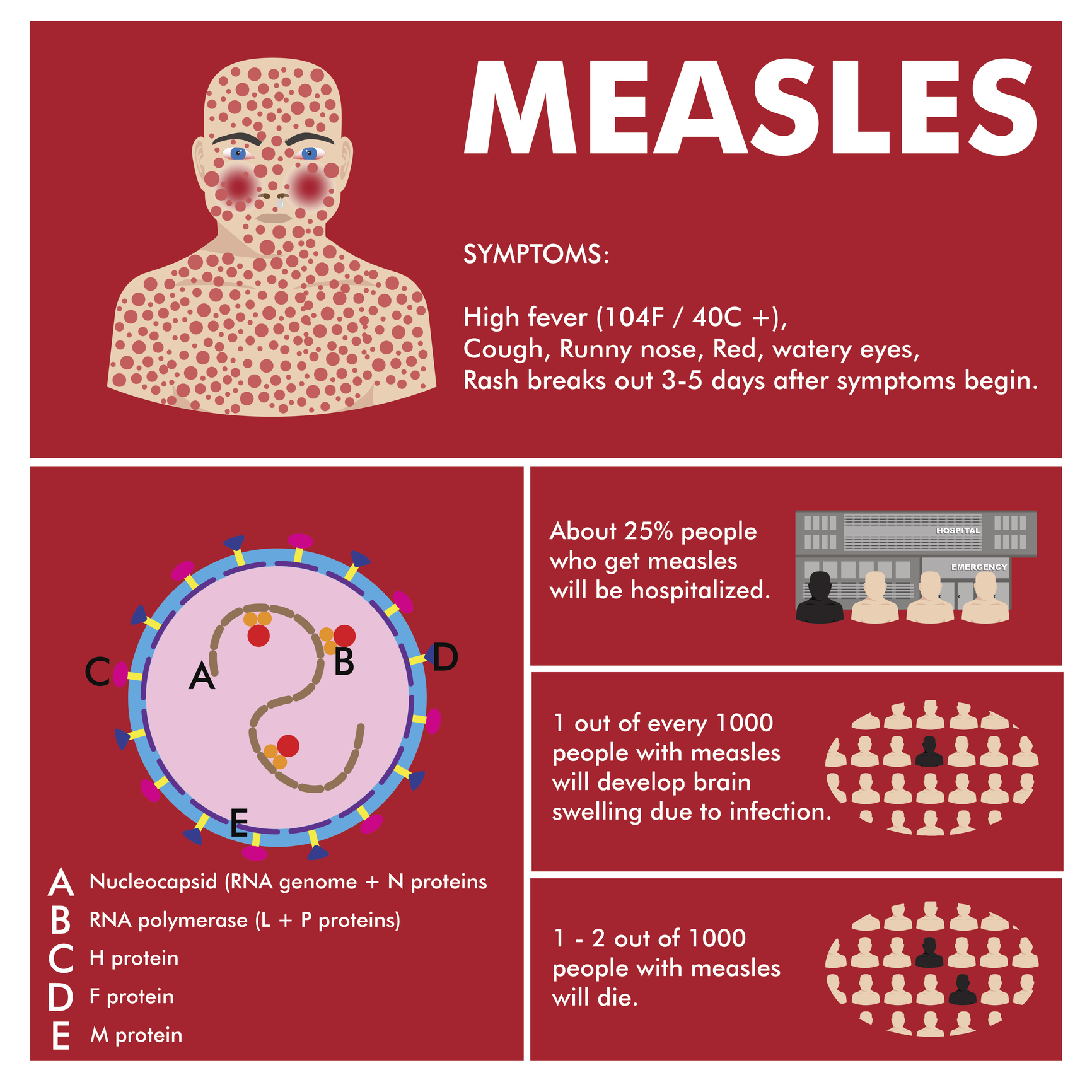
John Hopkins Medicine lists middle ear infection that can lead to hearing loss, pneumonia, and brain infection as possible complications. All are extremely serious conditions that should not be taken lightly.
How is it treated?

There is no specific treatment for measles. All medical professionals can do is try to relieve symptoms and keep patients comfortable by doing things like providing medicine for fever or any bacterial infections that develop. Vitamin A supplements may also be given to help prevent damage to the eyes and to possibly reduce the risk of death in people who are deficient in vitamin A.
What are the best- and worst-case scenarios?
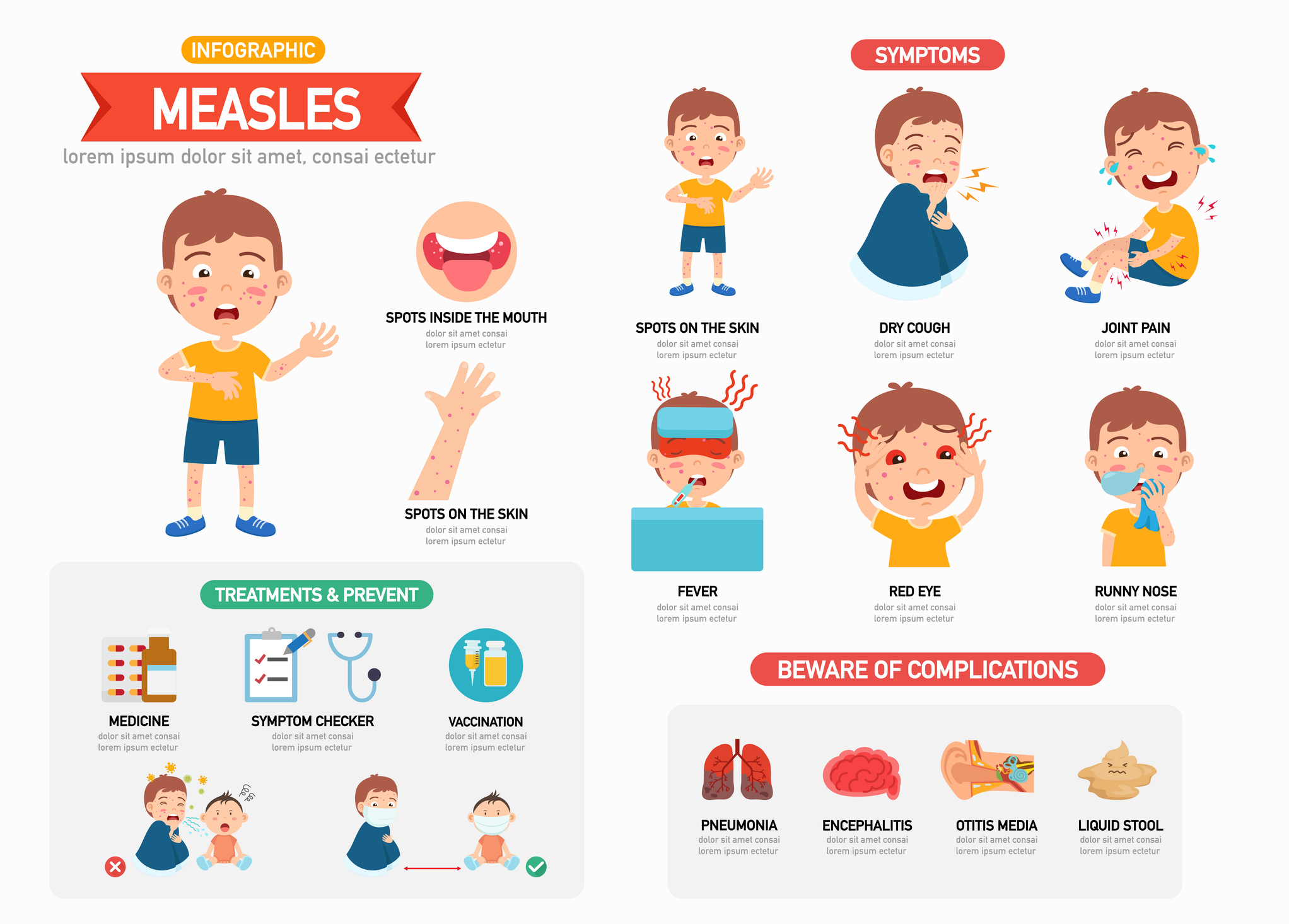
Best case scenario, a person with measles is uncomfortable while sick, but manages to recover. Without complications, measles lasts about a week. At worst, a person can die from the complications caused by measles.
Who can get measles?
Anyone who isn't vaccinated against measles can get it. That means children and adults of any age. However, children are more susceptible to complications caused by measles because their immune systems aren't fully developed.
When should you see a medical professional?
The Mayo Clinic suggests calling your health provider if you suspect you or your child have been exposed to measles or if either of you has a rash that looks like it could be measles.
How can you protect against measles?
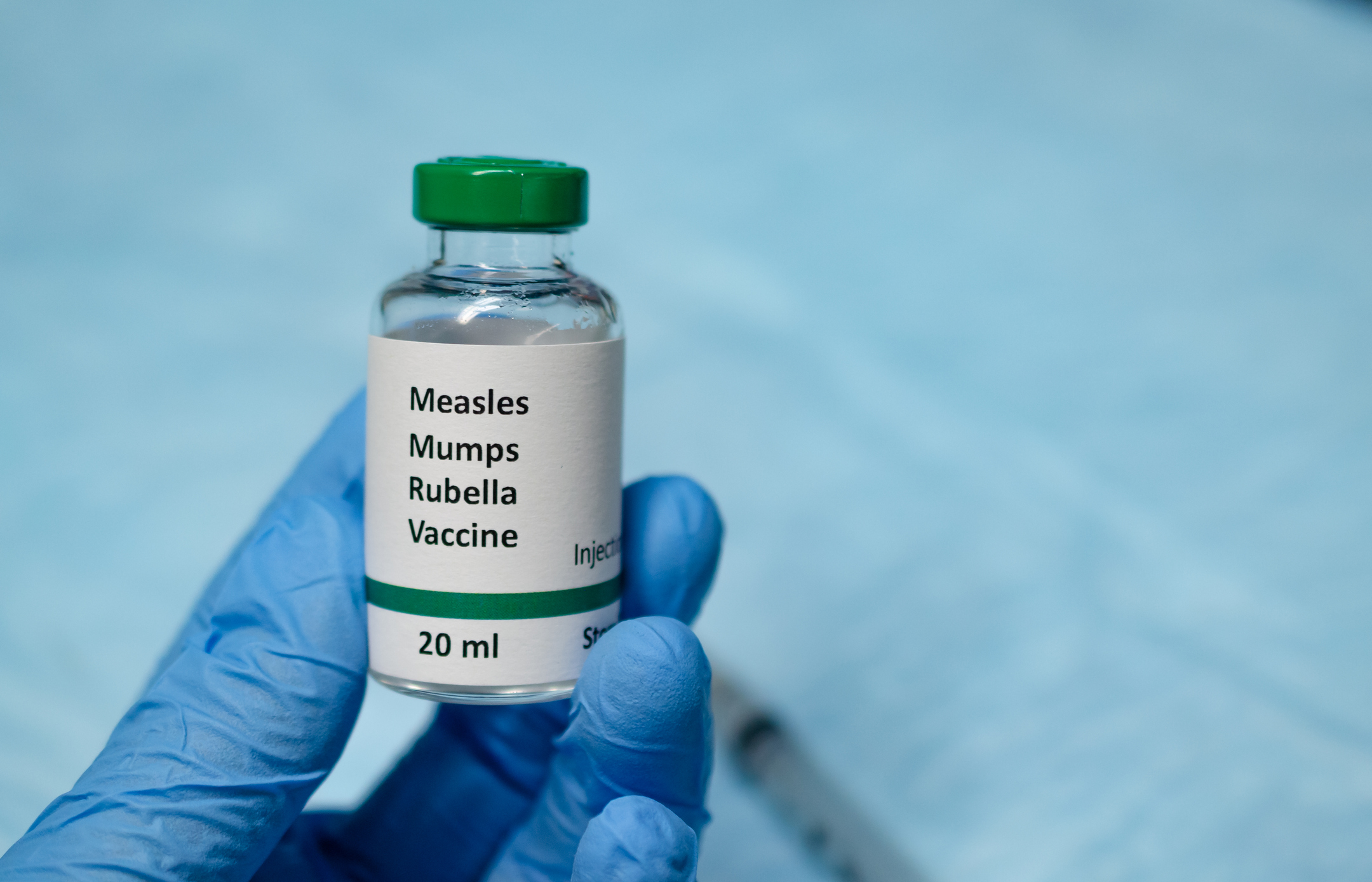
According to the Centers for Disease for Disease Control and Prevention:
"The best way to protect against measles is with the measles, mumps, and rubella (MMR) vaccine. MMR is safe and effective. Two doses of MMR vaccine are about 97% effective at preventing measles; one dose is about 93% effective."
What is the MMR vaccine?
The MMR vaccine is given in two doses and protects against measles, mumps, and rubella. The first dose is given at 12 to 15 months old and the second dose at 4 to 6 years old. Adults can also get vaccinated. Please speak to your health provider for detailed information.
Why are some people against the MMR vaccine?
A fraudulent research study published in 1998 claimed that there was an implied link between the MMR vaccine and autism. That study has since been discredited as it was proven that "several elements" of the study "are incorrect, contrary to the findings of an earlier investigation."
Sadly, misinformation and flat out lies tend to be very sticky and hard to get rid of. That's why I beg you not to take my word or anyone's word for it who is not a medical professional. Don't listen to your tía or gossipy vecina when it comes to something as important as this. Instead, go see a reputable, licensed medical health provider and ask any and all questions that you need answered. It's important that we keep our children healthy.
*Disclaimer: The advice on MamasLatinas.com is not a substitute for consultation with a medical professional or treatment for a specific condition. You should not use this information to diagnose or treat a health problem without consulting a qualified professional. Please contact your health care provider with questions and concerns.

